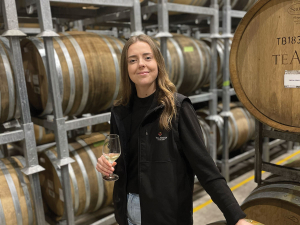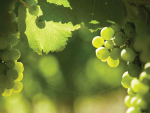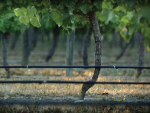Generation Z are less inclined to drink wine than other generational cohorts, with beer and ready-to-drink beverages grabbing more of the market share.
That’s one of the findings of new research by Eastern Institute of Technology (EIT) student Casey Mackintosh, undertaken in partnership with Villa Maria.
Casey’s study – Wine Consumption and Behaviour of Gen Z in New Zealand; How do they differ from the former wine consuming generations – analyses findings from 160 wine consumers, half of whom were so called Zoomers (1995-2009), with the other half split between Millennials (1977 to 1994) Generation X (1965-1976) and Baby Boomers (1945 to 1964).
Her findings reveal some similarities between the groups, including sustainability values, wine knowledge, and openness to exploring new wine options. “However, Generation Z exhibits a lower prevalence of wine consumption and a stronger inclination towards beer and ready-to-drink (RTD) beverages,” she notes. “Taste, packaging and alcohol percentage are significant factors driving their choice of alternative beverages.”
At 27 years old, Casey is at the upper end of the Zoomer bracket, and had talked to winemakers at work who were “particularly nervous” about her generation, amidst the rise of craft beers and RTDs. “They wanted to see New Zealand data for this kind of study”, Casey says. “This is a huge group of upcoming consumers and they need to at least understand them to gain that long term customer loyalty and have sustainable growth in the wine area.”
The study highlights the need for the wine industry to address inclusivity and diversity and to provide increased wine education,” Casey says in her conclusion. “The findings contribute to understanding the evolving preferences of Generation Z and offer insights for the wine industry to adapt and engage with this unique consumer segment effectively.”
Supermarkets stand out as the preferred wine purchasing venues for Zoomers, due to accessibility and convenience, “with affordability being a key consideration”, Casey says in her research abstract, also noting the generation’s wine drinkers are more influenced by social media prompts, alcohol percentage, and convenience than the other generations surveyed. It was clear that Zoomers would like more fun and approachable packaging, such as wine in cans, Casey adds.
One of the findings that surprised her was the number of Zoomers deemed high frequency consumers (drinking wine once a month or more), with 60% in that category. While lower than the 79% in other generational cohorts, “I was expecting less”, she says.
Casey was in Wellington working in wine sales in 2019 when a conversation with Esk Valley Winemaker Gordon Russell saw her rapidly reroute her career. “The way he spoke about wine was just incredible. It was unusual to hear someone speak so passionately about something.” Within a month she had moved to Hawke’s Bay and started work in the Villa Maria cellar door. Three years on, she’s a Junior Assistant Winemaker at Villa Maria/Indevin, in her final year of studies at EIT, and sharing findings from her comprehensive research project on a new generation of potential wine drinkers.
Casey, whose 2022 Albariño won the EIT Te Púkenga Best Student Wine last year, has worked her study around vintages, and completed this research project early to free her up for the 2024 harvest. That ability to work key periods, supported by her lecturers at EIT, has helped her to climb to her new role, which is akin to a cadetship. “I get to be part of tastings and learn a lot from the winemakers. I am really enjoying it so far.”
Meanwhile, her interest in wine business research continues, and she’d love to get her teeth into a follow up study, looking at ways the wine industry could tailor strategies to better appeal to Generation Z. “And do we need to?” she asks. “Or is Gen Z just another generation that will age into wine?”












